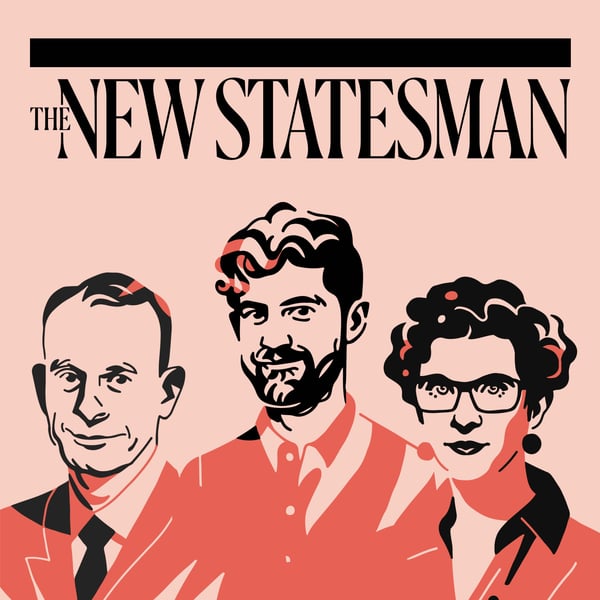Why are we having fewer children?
The New Statesman | UK politics and culture
The New Statesman
4.4 • 1.4K Ratings
🗓️ 20 January 2025
⏱️ 31 minutes
🧾️ Download transcript
Summary
Birth rates are declining around the world.
Why? And what can - or should - be done?
Tom Gatti meets authors Madeleine Davis and Anastasia Berg, who have both written on the changing attitudes to child-rearing, to explore the reasons behind these changes.
They discuss why financial, social and romantic circumstances are leading fewer people to have children, and what governments and institutions can or should do to address the issue.
Ask a question for a future episode at www.newstatesman.com/youaskus
Get the New Stateman's political analysis in your inbox every weekday by signing up to our newsletter, Morning Call: morningcall.substack.com
Subscribe to the New Statesman for full access to all our reporting and analysis: www.newstatesman.com/jan24
Hosted on Acast. See acast.com/privacy for more information.
Transcript
Click on a timestamp to play from that location
| 0:00.0 | This episode is brought to you by EDF, Britain's biggest generator of zero carbon electricity. |
| 0:07.3 | At EDF, they're not just generating zero carbon electricity, they're helping you save cash and carbon. |
| 0:14.8 | Take EDF's Sunday Save a Challenge, shift your weekday peak usage by 40%, and you could earn up to 16 hours of free |
| 0:23.3 | electricity to use the following Sunday. When you install solar panels and a battery with EDF, |
| 0:29.1 | you could pay zero for your electricity. EDF is leading the charge in zero carbon electricity. |
| 0:35.0 | They generate more British wind, nuclear and solar electricity combined |
| 0:39.6 | than anyone else. And if you drive an EV, you can charge it overnight for under 10 pounds. It's |
| 0:46.3 | good for your wallet and the planet. Ready to save cash and carbon? Remember, change is in our power. |
| 0:53.5 | Find out more at edfenergy.com. |
| 0:57.0 | The New Statesman. |
| 1:02.8 | Hello, I'm Tom Gatti, and you're listening to Culture from the New Statesman, a weekly podcast |
| 1:08.5 | exploring the cultural moments that define our world. |
| 1:11.6 | In the first century AD, the Roman Emperor Augustus offered women who had three or more children |
| 1:16.6 | the incentive of freedom from guardianship by a male relative. |
| 1:21.6 | More than 2,000 years later, governments around the world are turning back to the Roman playbook |
| 1:26.6 | with slightly more modern incentives |
| 1:29.3 | in an attempt to address ageing populations and declining birth rates. |
| 1:33.3 | But is this an issue that can be tackled by policy alone, |
| 1:37.3 | or are there deeper cultural and philosophical factors at play? |
| 1:41.3 | I'm joined today by New Statesman contributor Madeline Davis, who has written a feature |
| 1:46.3 | titled Why Have Children in this week's magazine, and Anastasia Berg, co-author of What Are Children for |
| 1:54.1 | on Ambivalence and Choice? Hello, both, hello, Madeline and Anastasia. So in October, the Office for National Statistics here in the UK reported the fertility rate in England and Wales had fallen to its lowest level on record, |
... |
Transcript will be available on the free plan in -71 days. Upgrade to see the full transcript now.
Disclaimer: The podcast and artwork embedded on this page are from The New Statesman, and are the property of its owner and not affiliated with or endorsed by Tapesearch.
Generated transcripts are the property of The New Statesman and are distributed freely under the Fair Use doctrine. Transcripts generated by Tapesearch are not guaranteed to be accurate.
Copyright © Tapesearch 2025.

